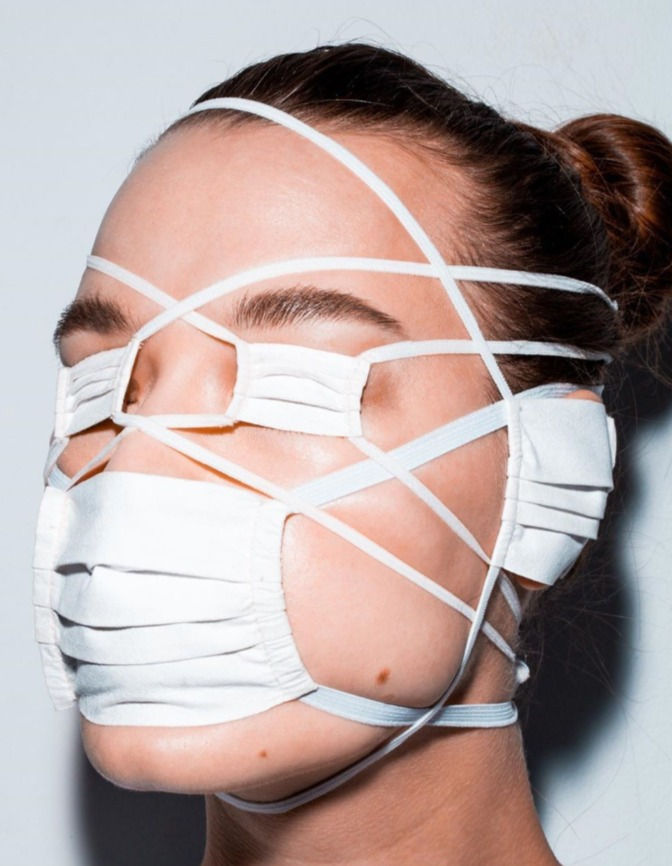The lack of diversity in the beauty industry
- amelia knight
- May 27, 2020
- 3 min read
Within the beauty industry, there has been a huge push for makeup to be more diverse in the past couple of years. Brands have launched wider ranges of foundation and concealers that are representative of many more skin tones. Many now have around 40 to 50 shades.
“There’s still a long way to go, but I’m constantly seeing wider shade ranges and more representation in ad campaigns,” shares Brooke Devard Ozaydinli, founder of the Naked Beauty Podcast.“We [women of color] have spending power, so it goes far beyond a trend for companies: It’s in their best economic interest to be more inclusive. Black women spend 80 percent more on cosmetics than our non-black counterparts.”
Fenty Beauty by Rihanna saw a clear positive shift in the diversity of makeup with her wide range of foundations that were for every skin tone. Her message was 'Beauty for all'. She launched a makeup line “so that people everywhere would be included,” focusing on a wide range of traditionally hard-to-match skin tones, creating formulas that work for all skin types, and pinpointing universal shades.
The industry in 2020 is clearly a lot better than it used to be but influential makeup artists, hairstylists, and photographers say that: It’s a start.
Makeup artist, Sam Fine, is best known for his work with Iman, Naomi Campbell, and Queen Latifah. He stated that he was still skeptical. By working in the industry since 1991 he has seen the developments of collections for women of color come and go.
“There was Revlon, when they released ColorStyle, and also Maybelline Shades of You — where are they now?” Mr. Fine said. “Makeup brands have had this relationship with women of color that is very trend-based. If they signed on a Veronica Webb or Tyra Banks as a face, they’d suddenly release a collection for them.”
Mr. Fine saw more permanent change in the ’90s with the rise of makeup-artist brands — especially MAC, Nars, and Bobbi Brown. “They really started to bridge the gap,” he said. “MAC, particularly, embraced people of color with its wide range.”
But he still sees room for improvement. “We’re stuck in a place that is politically correct,” he said. “Let’s take it to a place that’s real and lasting. For example, every brand is launching 40 foundation colors now because it’s the trendy thing to do. But is the brand actually doing the work — the initiatives and outreach? It’s not just about putting a black model next to Gigi Hadid. The stock needs to be there, and not only 40 shades at your Times Square store. The people at the counter need training.”
Another brand that is doing well for diversity is UOMA. UOMA - pronounced OMA (uh-mah) means beautiful. The brand says they want to 're-write the rules of inclusivity and diversity to create a world of beauty that truly is for all of us.' Founded by Nigerian born, LA & London based former beauty executive Sharon Chuter. Chuter is a rebel with a cause and on a mission to go off the well-beaten path to redefine the rules of inclusivity and diversity. She draws inspiration from her Afro heritage and infuses it with fierce modernity to create a truly fresh aesthetic. The collection is made of products that are ground breaking in innovation, esthetically pleasing with instant payoff, skin loving, delivers maximum pleasure to all the senses and most of all suitable for all skin tones.














Comments